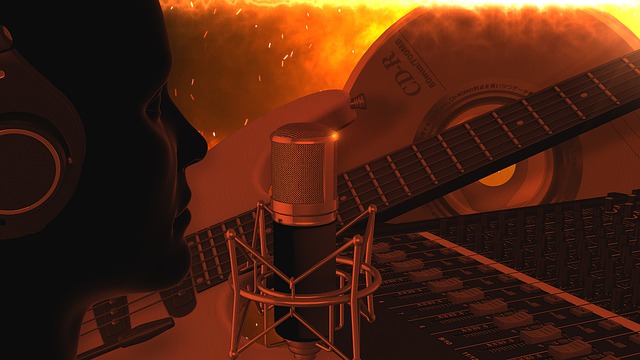Music has been a part of human life since the dawn of civilization. It has been used in religious ceremonies, to express emotions, and to create an atmosphere at gatherings or parties. Studies have shown that music can have a powerful influence on our emotions, affecting us both physically and emotionally. In this article, we will explore the influence of music on human emotion and the benefits it can bring to our lives.
The power of music to evoke emotion is rooted in its ability to tap into our memory banks and stimulate certain feelings or associations with certain sounds. For example, a particular song may bring back memories from childhood or remind us of an important event in our lives. The familiarity of these memories can trigger strong emotional responses from us when we hear them again. This phenomenon is known as “emotional priming” – when something familiar triggers an emotional response without any conscious effort on our part.
The type of music we listen to can also affect how we feel emotionally. Studies have shown that different types of music create different psychological states in people – some people may respond positively or negatively depending on what they are listening to at any given time (e.g., upbeat pop songs versus slow classical compositions). Different genres may also evoke different responses due to their respective cultural context; 하이퍼블릭 업종 변경 강남사라있네 for example, country songs often evoke feelings associated with nostalgia while fast-paced rap songs encourage more active energy levels in listeners due to their faster tempo and more aggressive nature .
In addition to its ability to evoke powerful emotions through emotional priming and genre-specific associations, research suggests that music has beneficial effects on physical health as well as mental wellbeing too – particularly when used therapeutically by trained professionals such as musicians therapists or sound healers who specialize in using specific frequencies for healing purposes . Indeed, many studies suggest that listening regularly (or even playing) certain types of soothing musical pieces such as classical piano works or ambient electronic soundscapes can reduce stress levels , help improve sleep patterns , increase concentration , reduce anxiety disorders , lessen depression symptoms , boost confidence levels , lift moods , generate positive outlooks – even aid healing from physical pain . Music therapy is becoming increasingly popular among medical professionals looking for non-invasive treatments for various conditions .
Furthermore there is evidence suggesting that regular participation in musical activities such as singing (with others) lowers blood pressure reduces cortisol levels (the hormone related with stress) increases endorphin production – leading towards greater feelings happiness contentment relaxation even euphoria! Similarly creating playing musical instruments helps release tension build self-esteem develop coordination skills increase problem solving abilities inspire creativity promote mindfulness practice strengthen bond between individuals stimulate imaginative thinking & provide sense purpose accomplishment connection belonging …all essential components healthy mental wellbeing!
Ultimately whether it be through passive listening active engagement participating group sessions taking lessons solo jamming therapeutic use etc…music provides outlet express oneself safely & creatively offers potential heal trauma support spiritual growth facilitate personal growth enhance communication skills spark imagination provide comfort joy pleasure escape enrich life journey share powerful messages cultivate positive vibes within society forge deeper bonds between people plus so much more…therefore no doubt it plays pivotal role shaping influencing human experience!
